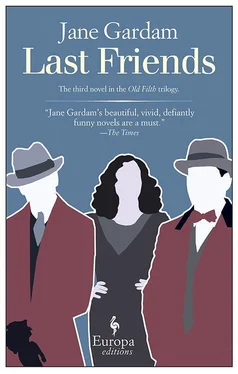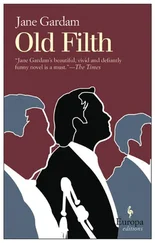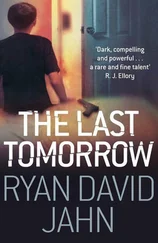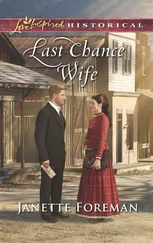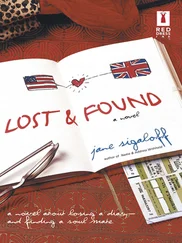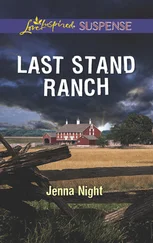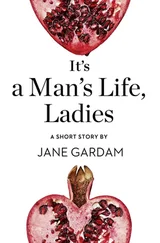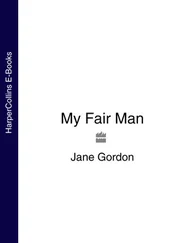Veneering said, ‘Are you telling me my father was a spy?’
‘I’m telling you, my dear fellow, to work for me in. . the Construction Industry.’
* * *
‘And have this.’ He handed the book that the god-daughter had brought across the desk. ‘I have any number of copies. Life’s Little Ironies . Thomas Hardy was a builder and architect by trade you know. In the construction industry.’
Out on the street — a very thin Brief in his jacket — Veneering flagged down a taxi and persuaded the driver to heave in the fireplace. Then he opened the book and read on the fly-leaf, ‘To my darling god-father Uncle Willy from Elizabeth Macintosh’.
During that last year in The Donheads, Feathers and Veneering, as we have said, drew slowly together step by hesitant step as they had walked the lanes around their village. First they had pointedly ignored each other from a distance. Later they had nodded and looked away. Then came the famous Christmas meeting when Feathers had shut himself out of his house as, cut off from the rest of the world by a snowfall and the Dorset earth beneath his feet beginning to freeze, feeling death clutch at his wheezy throat, seep into his ancient bones, at last, hand over hand, up Veneering’s drive he went, from one branch of Veneering’s dreary over-hanging yew trees to the next, until he had dragged himself, ancient, decrepit orphan of many storms, to Veneering’s peeling front door.
Nobody locally — nor anywhere else — ever discovered what went on during the rest of that Christmas day, but afterwards the two old men met regularly in Feathers’ (much warmer) sitting room in his house down their joint driveway, for chess. Chess and a drink. Or two. But never more (though we don’t know what Veneering did back home up the slope, later in his lonely night).
Feathers never offered food. Nor did Terry Veneering ever suggest a return visit up the slope.
Their chess improved, their concentration deepened. The photograph of old Feathers’ dead wife Elizabeth (Betty), with whom Veneering had been in love since he first set eyes on her on a bike outside Pastry Willy’s office — and beyond her death, for he was still in love with her — surveyed the two old men from the mantel-piece.
It was a flattering photograph taken on a picnic on Malta where she and Feathers were completing their honeymoon half a century ago.
That day for the young couple (he had bought her a fat crimson and gold chair in a back street in Dacca during the honeymoon) had been a day of blue and gold on the cliff tips, the sea, far, far below — St. Paul’s Bay, where he slew the serpent — running bright green.
There has always been on Malta the belief that there is a crack in the cliff top where a fresh-water stream runs silver. It trickles down the slope, falls, sprays out into the dark below. Far, far below a spout of spittle shining like light above the ocean. Betty, the bride had said, ‘There! You see! There is a fresh-water spring dropping down to the shore.’
And the girl had stretched herself out and looked down through the crack, her legs out behind her. Her legs were not her best feature. They were Penelope’s legs, not Calypso’s — but they were brown and sleek and strong and her pretty Calypso feet kicked up and down and she lay, watching the clear water turn to mist. She shifted slightly and the water shifted slightly like a net. It revealed a very small glimpse of the creeping emerald tide below.
Sixty years on, comfortable in his winter sitting room, fire blazing, whisky coming along any minute and — (ha-ha!) — he’d taken Veneering’s queen — a sweet peace fell upon Edward Feathers and for the first time since he’d acknowledged his wife’s infidelity with this jumped-up good-looking cad he knew that his jealousy was over and that he could now look back over his life — and at his beloved wife with pleasure and pride.
Well, perhaps not. Perhaps love shall always be divorced from time.
What a delicious, young and merry face looked at him from the mantel-piece. The trophy of his successful life.
And only a photograph.
She was not necessary to him anymore.
She had never been a siren. There had been one or two of those, and he smiled kindly at his young self — oh almost possessed by that other one. Isobel. She must be gone by now. She never told her love. They say she only loved women. Rubbish. Did I re-write my will? I expect she’s gone by now. All shadows.
But potent shadows. We strengthened ourselves, Betty and I. Isobel weakened me.
Sometimes I mix them all up.
On the whole, he said, addressing an audience of some great court, I managed well. Better than Veneering and his idiot adolescent marriage. How lonely that shrill Elsie must have been. She left him of course and the boy didn’t love her. If we are honest, it was Madame Butterfly who left Pinkerton (I say, that’s rather an original thought) and Veneering knew his weakness. He knew from the beginning he was not the man he might have been.
‘Veneering,’ he said. ‘Check-mate, I think? Yes? Whisky now — you ready?’
Silence. Then Veneering saying, ‘Yes. Good idea’ and continuing to stare at the board.
‘Tell me,’ said Filth, ‘that’s to say if you have no objection — how did you get yourself entangled with Elsie?’
There was such a long silence that Filth looked down into his glass, then up at the ceiling, then winked at Betty’s photograph and wondered if he had gone too far.
Or maybe Veneering — God he was ugly now, too — was becoming deaf. He had rather wondered. Didn’t appear to be listening. He looked keenly now at Veneering’s ears to see if there were any of those disgusting pink lumps stuck in them like half-masticated chewing gum. Thank God no need of that himself.
No sign. What’s the matter with the man? Sulking? Thinks I’m prying. Not answering.
‘Sorry, Veneering. Shouldn’t have asked. Never even asked you about that ship-wreck incident you were in. City of Benares ? They tell me you were in a life boat for twelve days and only a child. Amazingly brave.’
Still silence. A coal dropped in the grate. Then Veneering moved a pawn with a smart crack as he put it down. ‘Check-mate to me, I think?’ He picked up his glass and drained it at a gulp.
* * *
‘Elsie?’ he said. ‘Do you really want to know about Elsie, Filth? More dignified if you’d never asked. Rather surprised at you. And I wasn’t a hero of the Benares . I ran away before she sailed. Not brave at all.’
‘Good God, it’s not what we all believe.’
‘Ran off across Liverpool till I heard her hooter sounding off goodbye. Three days later she was torpedoed. Well, I probably wouldn’t have drowned. Some didn’t. Two in this village didn’t. Those fat twins. Never speak. I was sent away afterwards to a Catholic boarding school — I’m Catholic — because my family had copped it the same night in an air-raid. Then I started at Oxford and got called up for National Service post-war.
‘I missed that,’ said Filth. ‘Done the army. Older than you.’
‘Then off to the Med in the RNVR. Six months paradise. Every port. Showing the flag. God, the girls! Standing screaming for us on every quay. No reason not to spring into their arms. No Penelopes sitting sewing blankets back home and wishing we were there to take the dog out. Heaven. Then, just about to sail for Portsmouth — floods of tears and gifts and promises of eternal love — and they sent us on! On —out East to the Empire of the Sun. Hong Kong. Singapore. Unbelievable pleasure. Sun. No chores. Splendid naval rations, enough money, Tiger beer and all of us like gods, bronzed and fit and victorious, dressed in white and gold. Parties at governors’ residences. Parties, parties. I never read a book. I never thought beyond the day. I had no home to hurry back to. I met Elsie.’
Читать дальше
